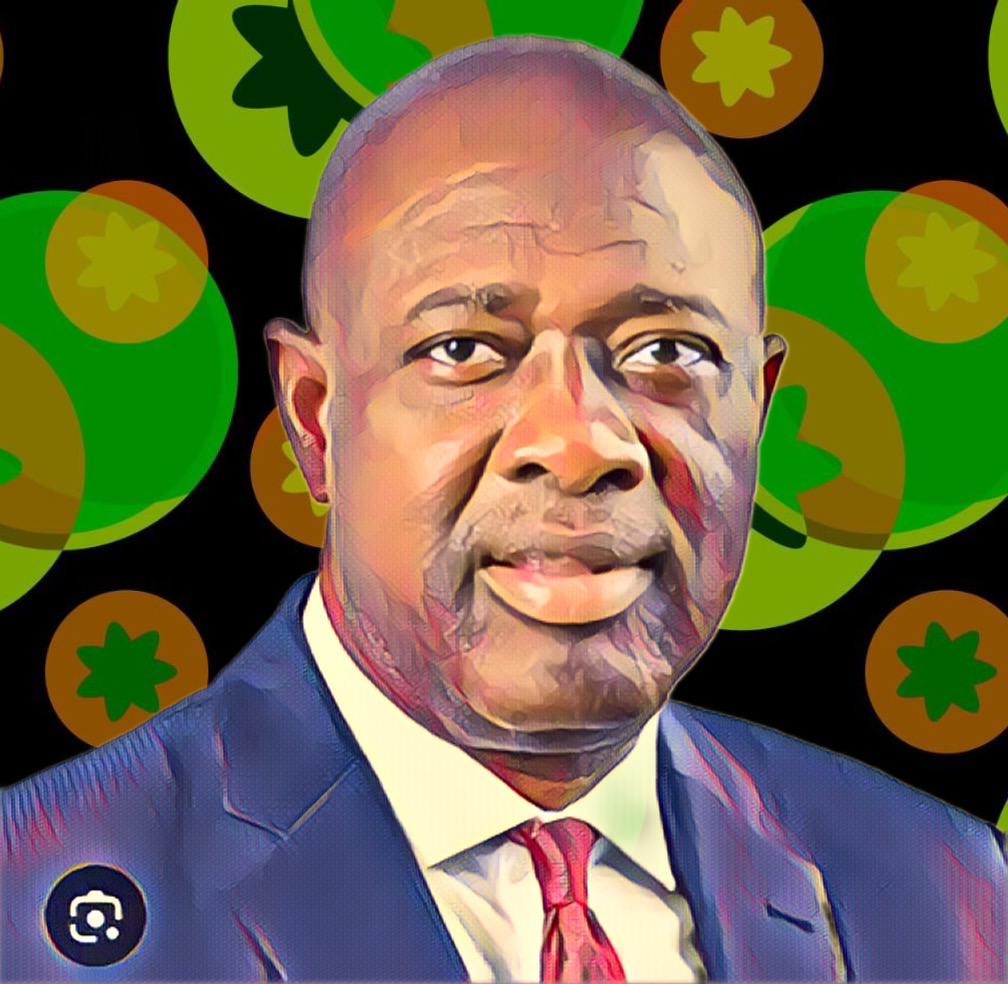KEY POINTS
Nigeria’s petroleum minister Heineken Lokpobiri urged Ghana to learn from Nigeria’s early oil sector challenges and embrace regional collaboration to avoid repeating costly mistakes.
At the 2025 Offshore Technology Conference, both ministers emphasized the importance of unity, investment in local content, and leveraging innovation to combat energy poverty.
Lokpobiri announced that the $19 billion African Energy Bank will begin operations this quarter, calling on African countries to redirect foreign-held capital to fund the continent’s energy future.
In a bold call for greater continental solidarity, Nigeria’s Minister of State for Petroleum Resources (Oil), Heineken Lokpobiri, has urged Ghana to learn from Nigeria’s early missteps in the oil and gas sector to build a more sustainable and inclusive energy industry.
According to SaharaReporters, Lokpobiri delivered the message was delivered during a high-level meeting with Ghana’s Minister of Energy and Green Transition, John Abdullahi, at the ongoing Offshore Technology Conference (OTC) in Houston, Texas.
The Nigerian delegation, hosted under the auspices of the Petroleum Technology Association of Nigeria (PETAN), used the global platform to emphasize the value of regional cooperation in solving Africa’s deepening energy poverty. Lokpobiri encouraged Ghana to “study Nigeria’s experience in resource management, local content development, and energy transition strategies” in order to avoid avoidable pitfalls.
“We must stop working in silos. Africa must rise to the challenge of energy poverty with one voice, one strategy, and shared solutions,” Lokpobiri stated during his address at the opening ceremony of the Nigerian Pavilion.
Africa’s energy future depends on continental unity, innovation, and strategic investment – Lokpobiri
The 2025 PETAN theme, “Africa’s Energy Renaissance: Leveraging Innovation and Natural Gas for Sustainable Development,” reflects the growing urgency among African nations to reposition the continent as a formidable force in global energy discussions.
Ghana’s Energy Minister, John Abdullahi, acknowledged Nigeria’s role as a regional pioneer and expressed his country’s intention to forge closer ties with Abuja. “We will continue to consult Nigeria as we build a successful oil and gas industry. The collaboration between both countries remains strong,” Abdullahi affirmed.
He added that Ghana, while still a relatively new entrant in the oil sector, is keen to replicate Nigeria’s successes—particularly in integrating local content and formulating effective climate adaptation policies.
Lokpobiri stressed the necessity of shared investments in large-scale infrastructure projects that benefit multiple African countries, noting that “such synergy lowers operational costs and drives efficiency while boosting technical innovation across borders.” He further warned that a fragmented approach to energy policy would prove ineffective in addressing the continent’s growing energy needs.
“This conference is not a jamboree. It is a platform for Nigeria, and by extension, Africa—to showcase its vast potential,” he said.
He also spotlighted the Africa Petroleum Producers Organisation (APPO) as a vital collaborative mechanism, pointing out that APPO’s partnership with the African Export-Import Bank (Afrexim Bank) has already unlocked substantial funding prospects.
“During our last meeting, Afrexim Bank disclosed an exposure of nearly $14 billion, with an additional $5 billion as the start-up capital for the African Energy Bank, bringing the total to over $19 billion,” Lokpobiri revealed. The bank, aimed at financing African energy projects, is expected to become operational within the current quarter.
He called on African nations to repatriate funds held overseas and invest in the African Energy Bank to ensure energy security for future generations. “The time has come for Africa to stop exporting capital and import dependency. Let us build what we need here,” he urged.
Chairman of PETAN, Engr. Wole Ogunsanya, underscored the importance of Nigeria’s participation at the OTC, describing it as a unique opportunity to elevate Africa’s voice on the world stage. “OTC 2025 brings together global industry leaders. Nigeria must use this stage to reaffirm its leadership and to foster strategic alliances that uplift the continent,” he said.
The discussions in Houston highlight a shift in Africa’s energy narrative—from dependency on external actors to internal capacity-building, innovation, and regional integration.



